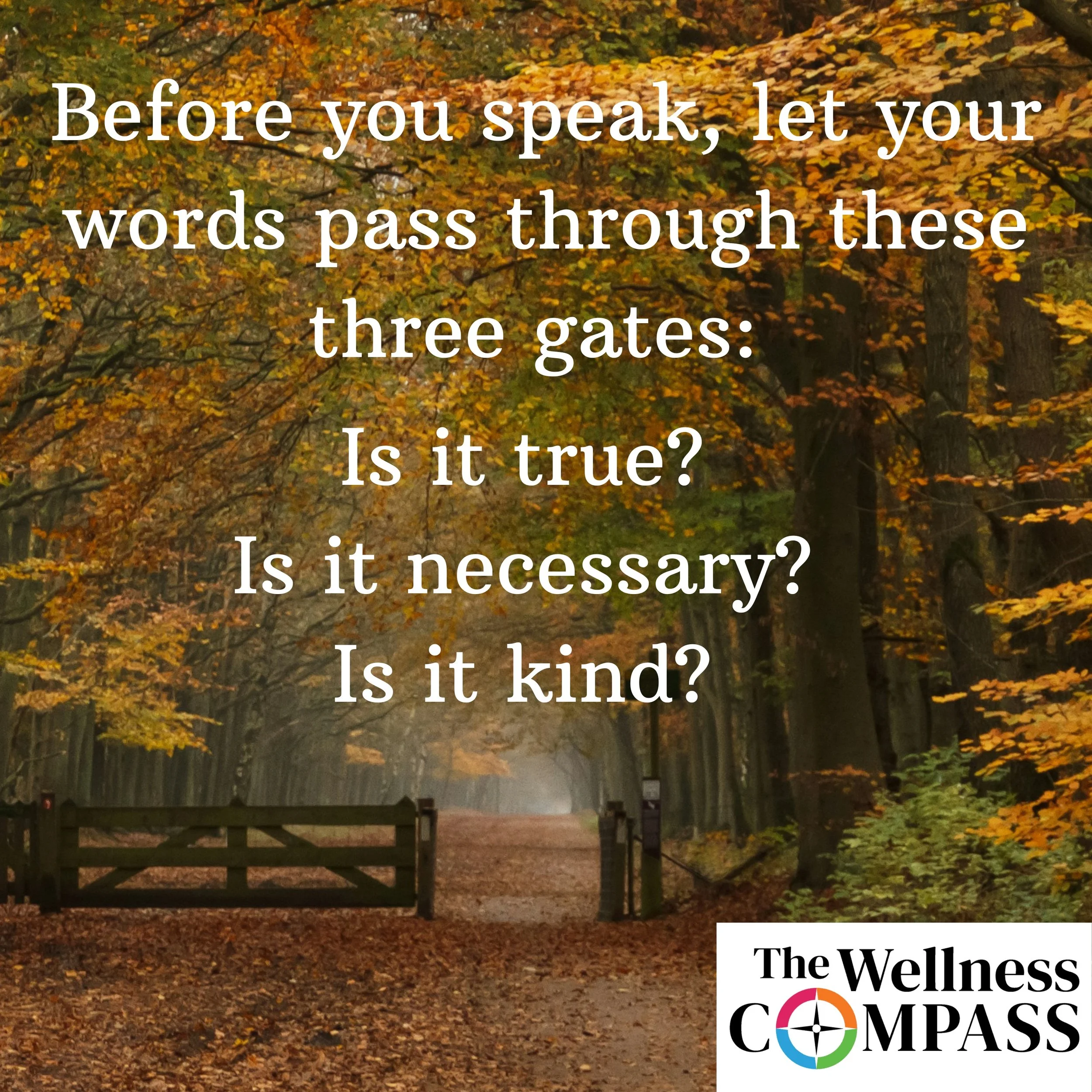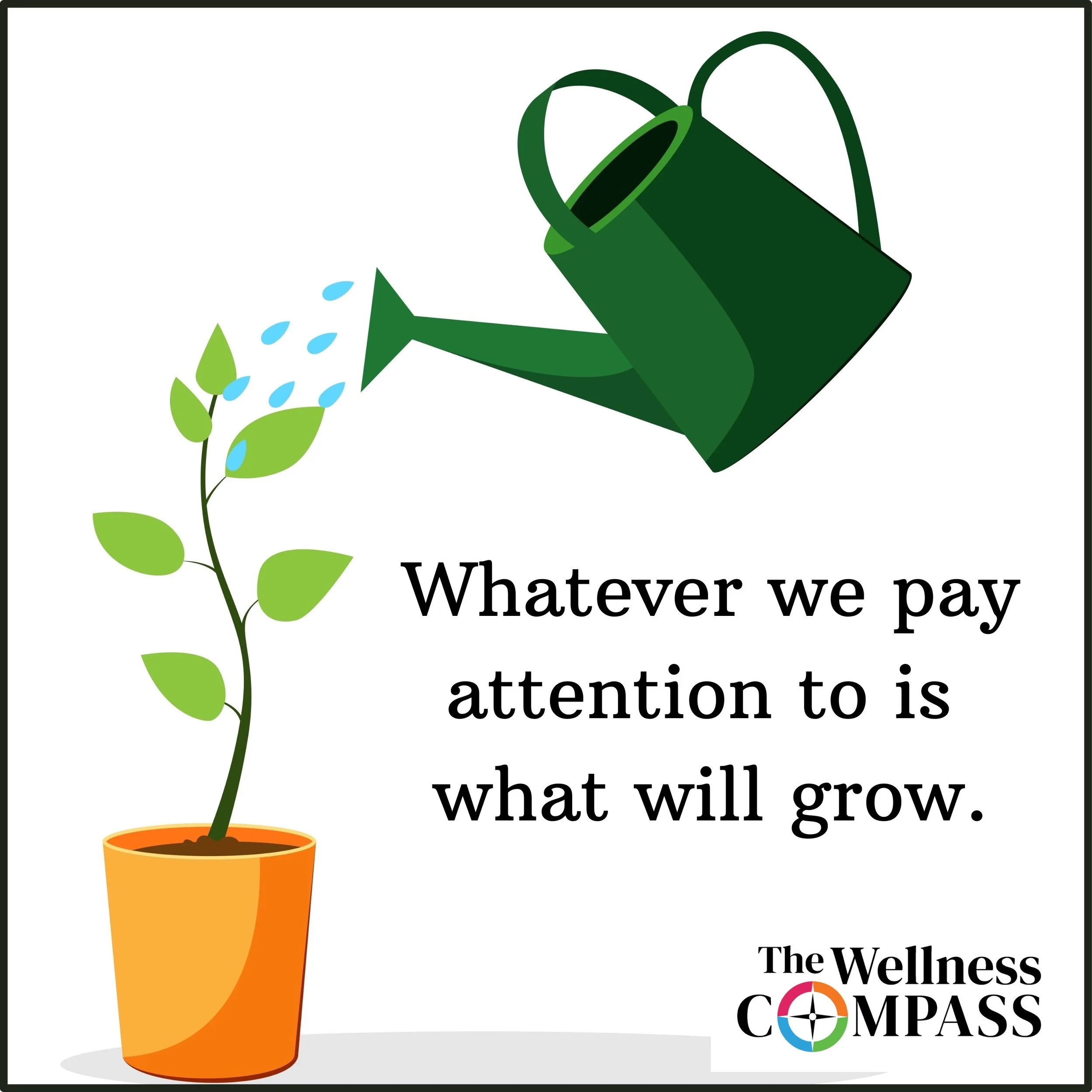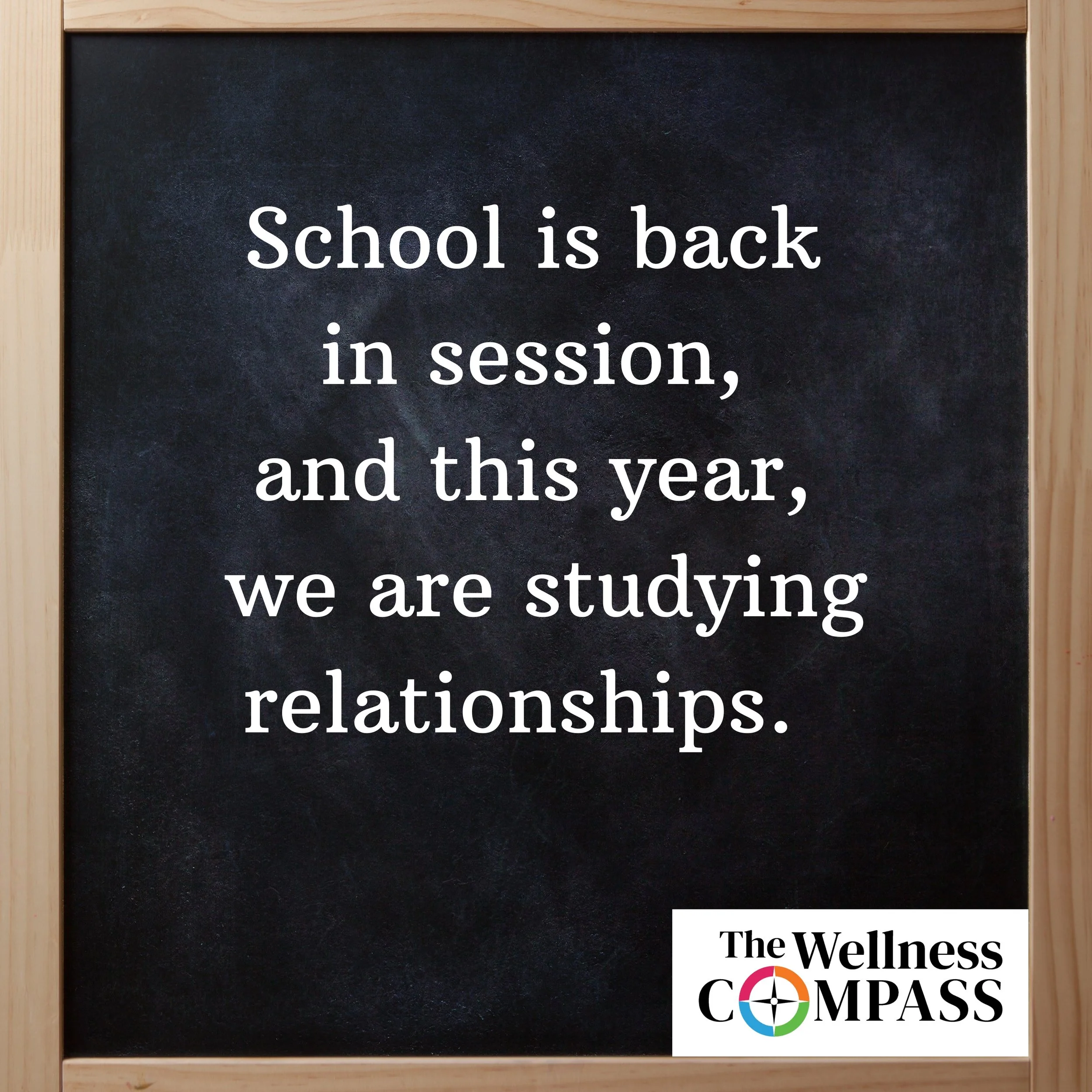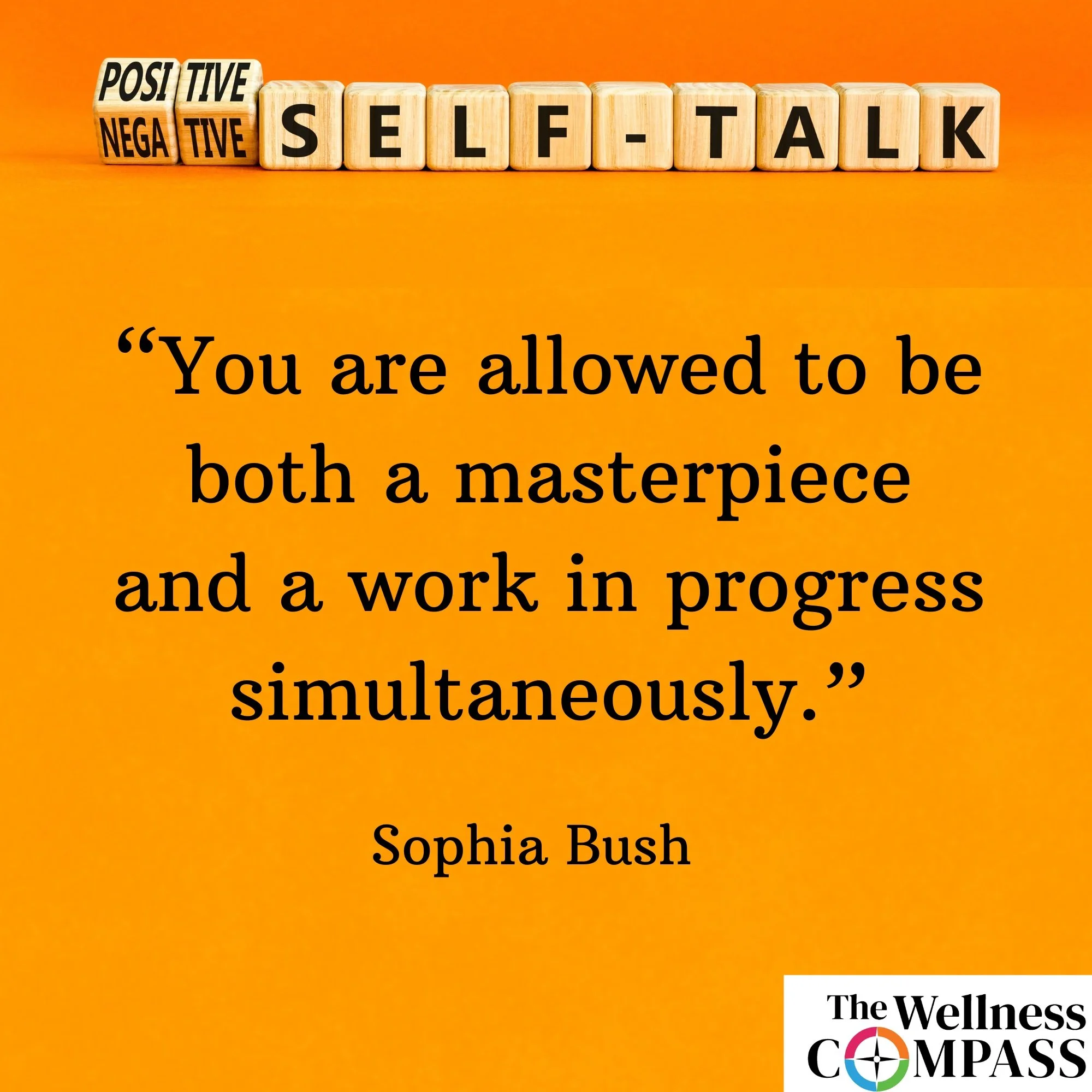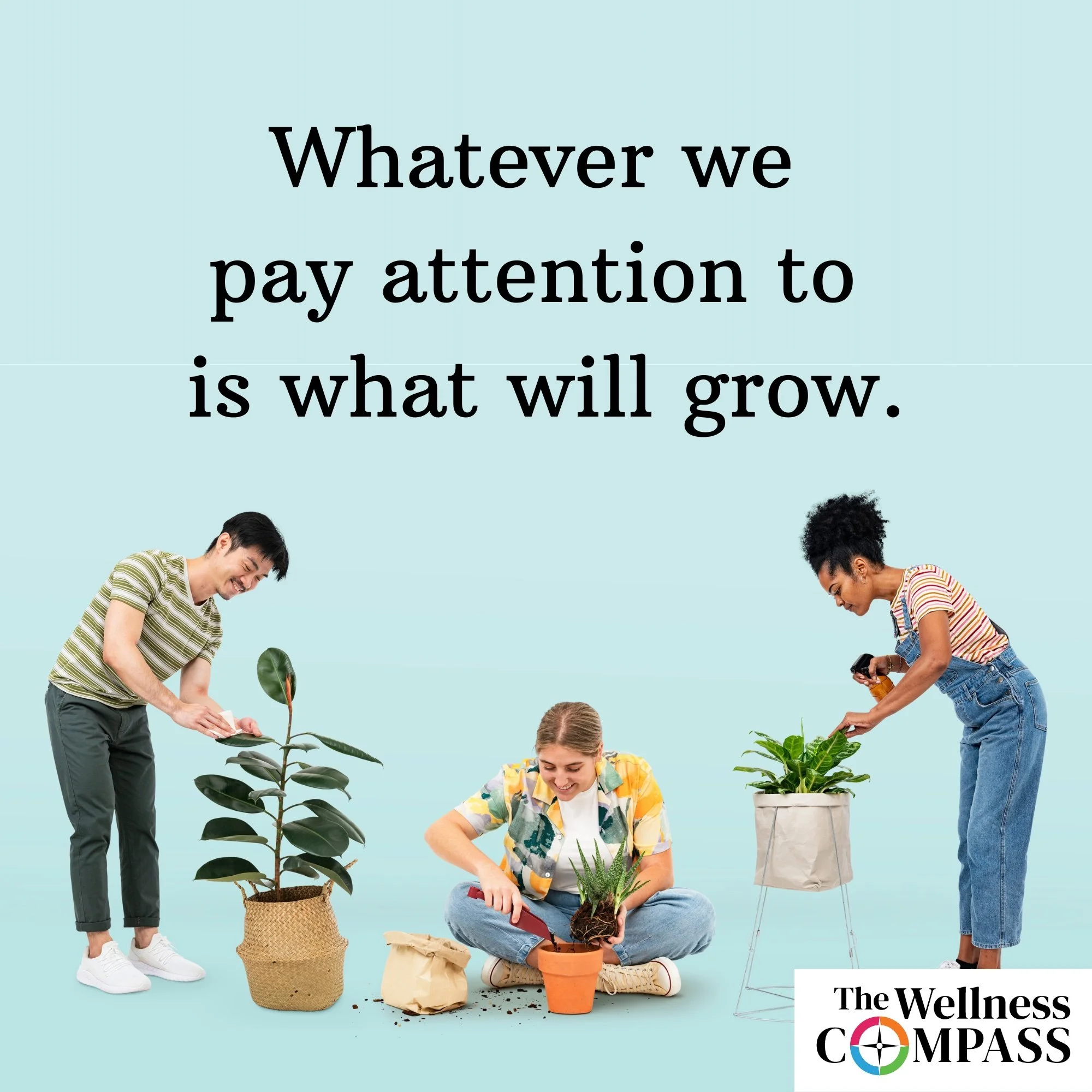(Click on the player at the top to listen to this ten-minute episode)
What follows is the weekly column we email every Friday that is a companion to this weekly podcast. This podcast episode expands on the content of the column.
Choose Being Kind Over Being Right
We are grateful for the many relationship questions our column readers and podcast listeners have sent us recently. A common theme to the challenges people are sharing is that the persons with whom they are in conflict refuse to change and almost always refuse to listen. This is how it seems from their perspective. Most attempts at communication quickly escalate to the point where both people feel wronged and are hurting. And sometimes, that impasse becomes so frustrating that all communication has ended.
While every relationship is unique, here are three guidelines we have found helpful in de-escalating conflict. This will be a two-part column and podcast and so we will have additional ideas to share next week.
1. Let go of the need to be right. No matter how sure you are that you are correct (and therefore, the other person is wrong), continuing to argue in this way will only escalate the conflict and build up thicker walls between you. Even if you are not saying it directly, an attitude of self-righteousness will prevent progress from being possible. As the words above say, "When choosing between being right or being kind, choose being kind, and you will always be right."
2. Refrain from making the other person the problem. Refrain from prosecuting your case as to how or why the other person is the problem and, therefore, needs to change. It's likely that neither person is solely the problem. In fact, neither person may be the problem, but finances, stress, or a misunderstanding, for instance, are the real problems. This is similar to the first point. Trying to win a debate may be helpful in politics, but not our relationships.
3. Because we each participate in co-creating relationship patterns, we want to ensure we take responsibility for our part of the conflict.
"I feel like I have just stopped listening to you about this issue and instead want to focus on everything I think you are doing wrong. I can feel how defensive and argumentative I have become.
I'm sorry and want to change that."
When we admit this kind of truth about ourselves and say it to the other, it can help begin a time of healing. And we must say it without expecting the other to say something similar in response. Just as when one person hardens, the other person will also tend to stiffen. So, too, when one person begins to soften, that tends to make room for the other person to soften.
Remember that it takes time, sometimes years, for relationships to become stuck, so any real change will also take time. Be patient with yourself and with the process.
Making It Personal: Choose one of the three guidelines above and consider how you might practice it in a relationship this week.
Thanks again for sharing your relationship questions with us. Your engagement is what makes our column and podcast meaningful. We appreciate your care and commitment to the relationships in your lives, and we're grateful to be on this journey with you.
Next week, we will share additional guidelines in part 2 of this column/podcast. We invite you to share any guidelines you have found to be effective by emailing us at connect@wellnesscompass.org
Sign up for Your Weekly Wellness Compass to receive weekly an email each week that announces when a new podcast episode has been released and also includes a transcription of the episode for those who prefer to read instead of listen. Each episode is designed to help you for navigate your week ahead with clear attention and intention.
ABOUT THE CREATORS:
Holly Hughes Stoner, LMFT and Scott Stoner, LMFT, are both licensed marriage and family therapists who are partners in life and in work. They are the Co-Directors and Co-Creators of the Wellness Compass Initiative, a non-profit initiative that crates preventative wellness materials for adults, families, and teens. They live in Madison, Wisconsin and are the parents of three adult children and are blessed with two grandchildren, as well.



